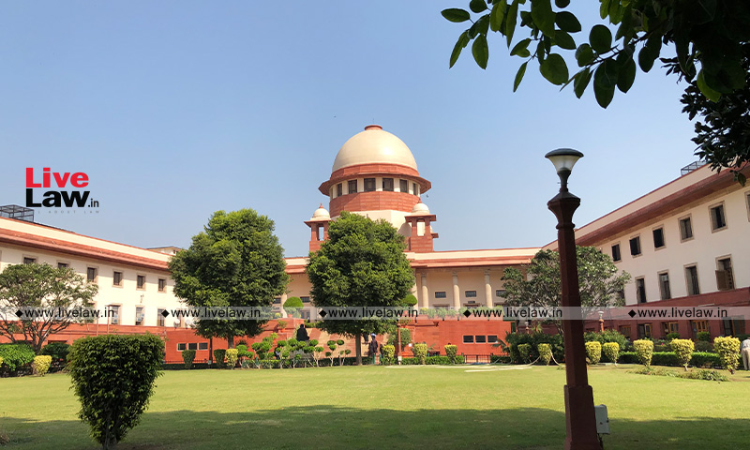The Supreme Court has agreed to examine the legal issue pertaining to the effect of Rule 5(2) of the IAS (Cadre) Rules, 1954 and the impact of insistence on concurrence by the State Government for the transfer of an officer in the context of marriage with another officer of the All India Service. The matter pertains to seeking NOC from the State of West Bengal for cadre transfer of an...

